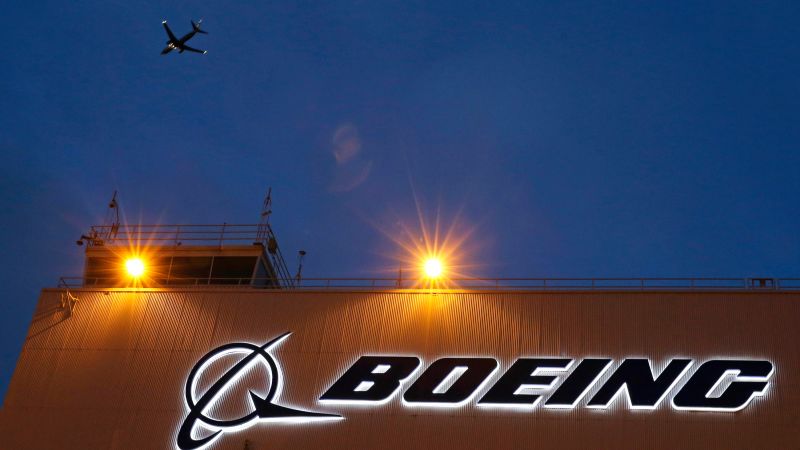The Society of Professional Engineering Employees in Aerospace (SPEEA) has filed a complaint with the National Labor Relations Board on behalf of two Boeing engineers who were allegedly retaliated against by the company for raising concerns about manufacturing oversight while working on behalf of the Federal Aviation Administration (FAA). The engineers had insisted that Boeing reevaluate prior engineering work on the 777 and 787 to account for a new FAA advisory in 2022. Despite initially pushing back, Boeing ultimately agreed to redo the work, but then allegedly retaliated against the engineers in their performance reviews.
The complaint states that both engineers received downgraded marks on their performance evaluations after raising their concerns, with one employee filing a report to challenge the apparent retaliation. Despite an investigation by Boeing, the company refused to provide the union with a copy of the report, citing confidentiality. Boeing has denied the allegations of retaliation, stating that after an extensive review, they found no evidence to support the claims. The FAA has also launched an investigation into the situation.
In a separate incident, a Boeing whistleblower raised concerns about the fusion process of fuselages on the 787 and 777 planes, alleging retaliation after speaking out. The complaint filed by SPEEA on behalf of the two engineers involves a different issue – onboard computer networks on the planes. Despite objections from Boeing managers regarding the cost and production delays, the engineers, with backing from the FAA, were able to convince Boeing to re-run calculations on the systems based on new assumptions.
The union expressed concerns that the negative performance reviews could harm the engineers’ chances of promotions or subject them to layoffs. Even after the manager of the engineers admitted to rating them poorly at the request of higher-level managers, Boeing refused to change the engineers’ performance evaluations. SPEEA Director of Strategic Development Rich Plunkett stated that the engineers did the right thing in sticking to their guns despite pressure from Boeing, highlighting potential flaws in Boeing’s safety culture.
Overall, the allegations of retaliation against the Boeing engineers raise concerns about the company’s commitment to safety and transparency. The involvement of the FAA in the oversight process underscores the importance of independent oversight in ensuring the safety and quality of aircraft. The outcomes of the investigations by both Boeing and the FAA will be crucial in determining the validity of the allegations and the impact on the careers of the engineers involved. Ultimately, the case sheds light on the challenges faced by employees in speaking out against potential safety issues in the aerospace industry and the importance of protecting whistleblowers from retaliation.


